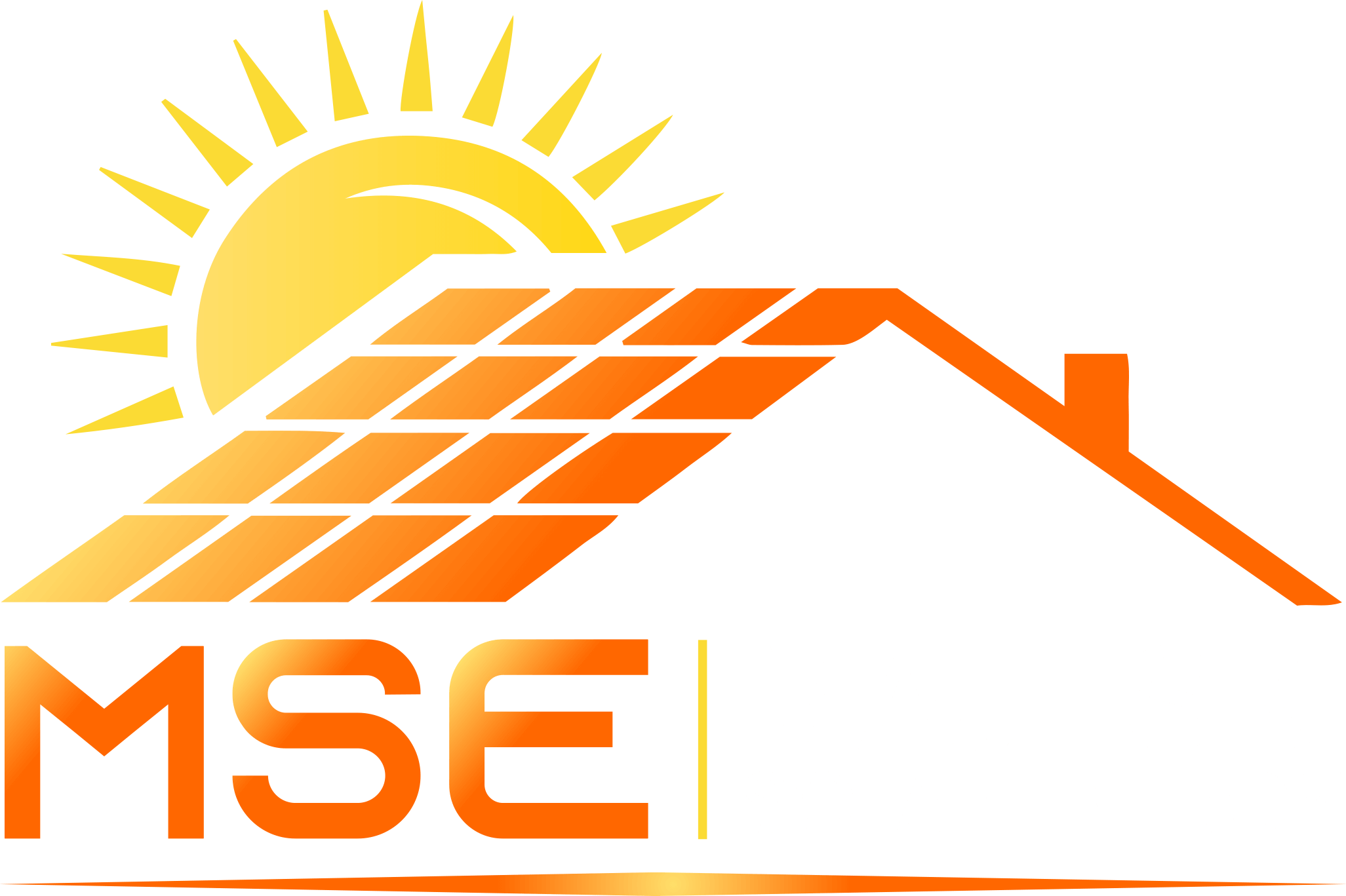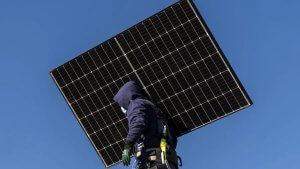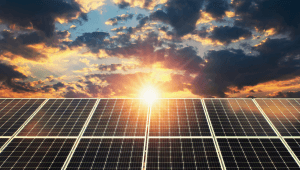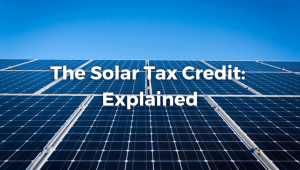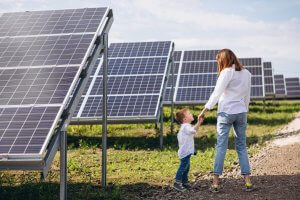
Solar Power From Basics To Benefits: A Comprehensive Guide
Discover the latest Solar Energy Innovations! From breakthroughs in solar panel technology to energy storage and more, learn about the advancements in solar technology.

🔍 The Evolution of Solar Energy
In recent years, the use of solar power has been growing rapidly as more and more people become aware of the benefits of renewable energy sources. From powering homes to charging electric vehicles, solar power has the potential to revolutionize the way we live. In this comprehensive guide, we will cover the basics of solar power, including how it works, its benefits, and its limitations.
Table of Contents
- Introduction
- What is Solar Power?
- How Does Solar Power Work?
- The Photovoltaic Effect
- Solar Panels
- Inverters
- Types of Solar Power Systems
- Grid-Tied Systems
- Off-Grid Systems
- Hybrid Systems
- Benefits of Solar Power
- Financial Savings
- Environmental Benefits
- Energy Independence
- Increased Home Value
- Limitations of Solar Power
- Weather Dependence
- Upfront Costs
- Space Requirements
- Installation and Maintenance
- Choosing a System
- Site Assessment
- Installation
- Maintenance
- Conclusion
- FAQs
What is Solar Power?
Solar power is a form of renewable energy that harnesses energy from the sun and converts it into electricity. This is done through the use of solar panels that are made up of photovoltaic cells.
How Does Solar Power Work?
The Photovoltaic Effect
The photovoltaic effect is the process by which solar panels convert sunlight into electricity. When sunlight hits the solar panels, it causes the electrons in the photovoltaic cells to become excited and create an electric current.

Solar Panels
Solar panels are made up of photovoltaic cells that are wired together. These cells are made of silicon and other materials that allow them to absorb sunlight and convert it into electricity.
Inverters
Inverters are an essential part of a solar power system because they convert the direct current (DC) electricity generated by the solar panels into alternating current (AC) electricity that can be used to power homes and businesses.
Types of Solar Power Systems
There are three main types of solar power systems: grid-tied systems, off-grid systems, and hybrid systems.
Grid-Tied Systems
Grid-tied systems are connected to the local utility grid and allow homeowners to sell excess electricity back to the grid.
Off-Grid Systems
Off-grid systems are not connected to the local utility grid and require a battery bank to store excess electricity for use when the sun is not shining.
Hybrid Systems
Hybrid systems are a combination of grid-tied and off-grid systems and offer the best of both worlds. They are connected to the local utility grid but also have a battery bank to store excess electricity.
Benefits of Solar Power
Financial Savings
One of the most significant benefits of solar power is the financial savings it provides. By generating your own electricity, you can reduce or even eliminate your monthly utility bill.
Environmental Benefits
Solar power is a clean and renewable energy source that does not produce greenhouse gases or other harmful pollutants. By using solar power, you are helping to reduce your carbon footprint and contribute to a cleaner environment.
Energy Independence
Using solar power allows you to be less dependent on traditional energy sources such as fossil fuels. This can be particularly important in areas where access to electricity is limited or unreliable.
Increased Home Value
Installing a solar power system can increase the value of your home, making it more attractive to potential buyers.
Limitations of Solar Power

Weather Dependence
Solar power systems require sunlight to generate electricity, which means that they are weather-dependent. cloudy or rainy days, and may not be able to generate electricity at all during nighttime.
Upfront Costs
While solar power systems can provide significant long-term financial savings, they require a significant upfront investment. This may make it difficult for some homeowners to afford the initial installation costs.
Space Requirements
Solar power systems require a significant amount of space, both for the solar panels themselves and for the equipment required to store and convert the electricity. This may make them difficult to install in urban or densely populated areas.
Installation and Maintenance
Choosing a System
Choosing the right solar power system for your home or business will depend on a variety of factors, including your energy needs, budget, and location. It is important to work with a qualified and experienced solar power installer to ensure that you choose the right system for your needs.
Site Assessment
Before installing a solar power system, a site assessment will need to be conducted to determine the best location for the solar panels. Factors such as the orientation and shading of the site will need to be considered to ensure that the panels can generate as much electricity as possible.
Installation
Solar power systems must be installed by qualified and experienced professionals to ensure that they are safe and effective. This may include installing the solar panels on the roof or on a ground-mounted structure, as well as installing the inverter and other equipment.
Maintenance
Solar power systems require little maintenance, but regular cleaning and inspection will be necessary to ensure that they are operating at peak efficiency. This may include cleaning the solar panels and checking the wiring and connections.
Conclusion
Solar power has the potential to revolutionize the way we generate and use electricity. By harnessing the power of the sun, we can reduce our dependence on traditional energy sources and contribute to a cleaner, more sustainable future. While there are some limitations to solar power, the benefits far outweigh the drawbacks.
FAQs
How long do solar panels last?
- Solar panels can last for up to 25-30 years with proper maintenance.
Do I need to live in a sunny climate to use solar power?
- While solar power systems generate more electricity in sunny climates, they can still be effective in cloudy or overcast areas.
Can I install a solar power system myself?
- It is not recommended to install a solar power system yourself, as it can be dangerous and may result in a system that is not safe or effective.
Can I still use electricity from the grid with a solar power system?
- Yes, grid-tied solar power systems allow you to use electricity from the grid when your solar panels are not generating enough electricity.
Will a solar power system increase the value of my home?
- Yes, installing a solar power system can increase the value of your home, making it more attractive to potential buyers.
Learn More about The Advantages Of solar Energy
majeski
Leave a Replay
About Majeski
Majeski Solar Is a Solar Installer company, and Top Tier Solar Installer in Washington D.C. , Virginia, and Maryland.
